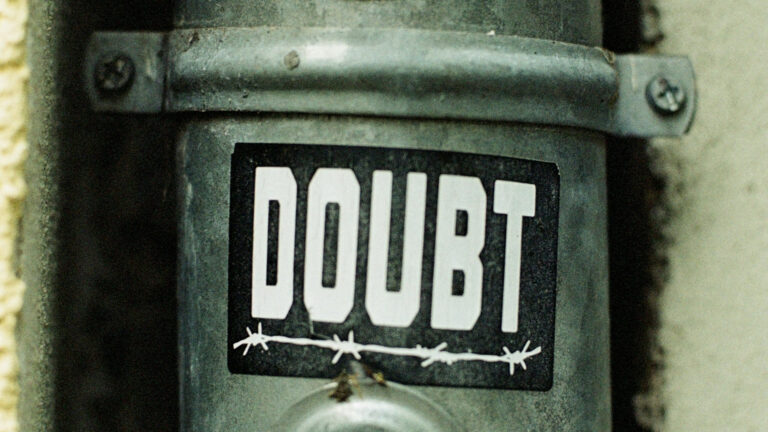Jonah is best known for being the prophet who ran from God and was swallowed by a huge fish. But the point of Jonah’s story isn’t a simple morality tale: “Watch out! If you run from God, He’ll get you back… and it won’t be pretty.”
Instead, we see in Jonah’s life the contrast between the self-preserving actions of a prophet and the self-sacrificing actions of our missionary God.
We first meet Jonah in 2 Kings 14. King Jeroboam restored Israel’s border “according to the word of the Lord, the God of Israel, had spoken through His servant, the prophet Jonah…” (v. 25). Jonah was a son of Israel given a word from God about the distinction between God’s people and the outside world. Jonah’s message was encouraging: “God loves Israel enough to fortify the borders that will defend us from those who would oppress us.”
Next, God told Jonah to go to Nineveh. This time, the message wasn’t an encouraging word for God’s people; it was a message of judgment to wicked Nineveh. The Ninevites had earned a reputation for brutality and terrorism. When it came to Nineveh, prophets weren’t lining up before God, saying, “Pick me! Pick me!”
But God cared enough for Nineveh to warn them about the coming judgment. Jonah was the messenger God chose.
Jonah’s earlier role had been on defense: he built up the borders between God’s people and the world. This time, Jonah was on offense: he was to enter enemy territory and command a very wicked people to repent. No wonder Jonah got on a boat and headed in the opposite direction.
God didn’t leave Jonah in a state of rebellion. He intervened by sending a storm and a fish. Then, God issued the call again, and Jonah obeyed.
In response to Jonah’s preaching, all the Ninevites – from the king to the peasant – fell on their faces in humble repentance. Jonah became the instrument by which God orchestrated one of the greatest revivals in history.
One might expect the narrative to end with Jonah’s triumph. Instead, this book ends with a twist: God’s mercy made Jonah angry.
Slowly but surely, we realize the truth: Jonah hadn’t run away because he was afraid the Ninevites would reject his message. He ran away because He was afraid they would accept it! Jonah couldn’t stomach the thought that God might actually forgive these wretched people.
It’s easy to point the finger at Jonah’s small, unmerciful heart. But the moment we judge Jonah, we judge ourselves. All of us are naturally tribal, focused on ourselves, and our self-preservation. It’s God who breaks through our artificial borders and leads us out into the world with good news.
Jonah ran away from his enemies; Christ ran toward them. While we were still sinners, Christ died for us. Our tribal attitudes melt away when constantly exposed to the warm embrace of our missionary God.

















